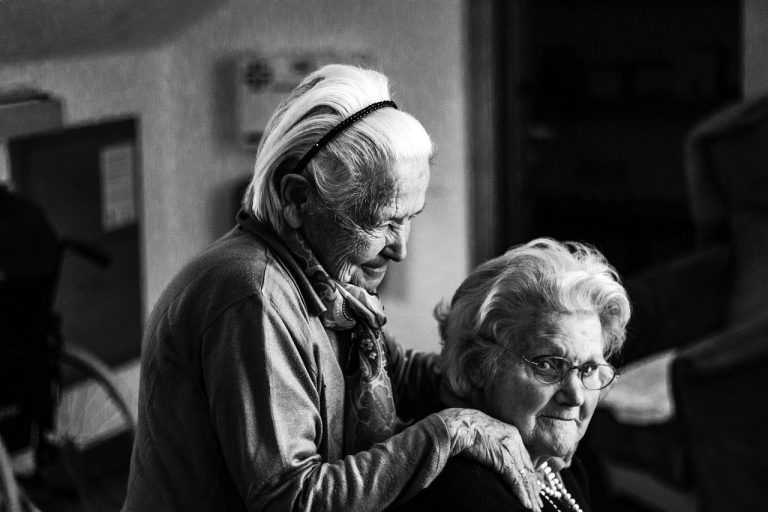Sleep is your ally!
Since the beginning of the COVID-19 crisis, you, seniors, have experienced a lot of upheaval notably due to your social and family isolation imposed suddenly to protect you from a possible COVID-19 infection. For some of you, this isolation is new and uncomfortable. You may also feel stressed about contracting the virus and becoming seriously ill.
It is therefore normal that this crisis can generate stress, worries, fear and even depression. This is why it’s possible that your sleep may be disturbed, which is completely normal in times of great stress, especially since we know that sleep becomes more fragile with age. This means that it is more disturbed by outside elements or unusual situations. Even if you don’t have specific sleep disorders, medical or psychological problems, your sleep changes as you get older. In general, the sleeping needs of an aging person remain about the same as before in terms of sleep duration. On the other hand, normal changes occur in your quality of sleep and your sleep schedule. In fact, older people sleep less deeply and wake up more often at night than younger adults. In addition, they tend to go to bed earlier and get up earlier. These changes can affect your daily life and may explain why stress like the one that we are experiencing with COVID-19 is more likely to cause sleep disturbance in older adults than in younger people.
Experts in the field therefore advise paying close attention to your sleep habits during this period of uncertainty. Why? Because an adequate quality of sleep will have benefits for managing your stress and emotions as well as your physical health.
Indeed, in this period of upheaval, sleep is your ally and a protective element within your reach. So, take advantage, use it!
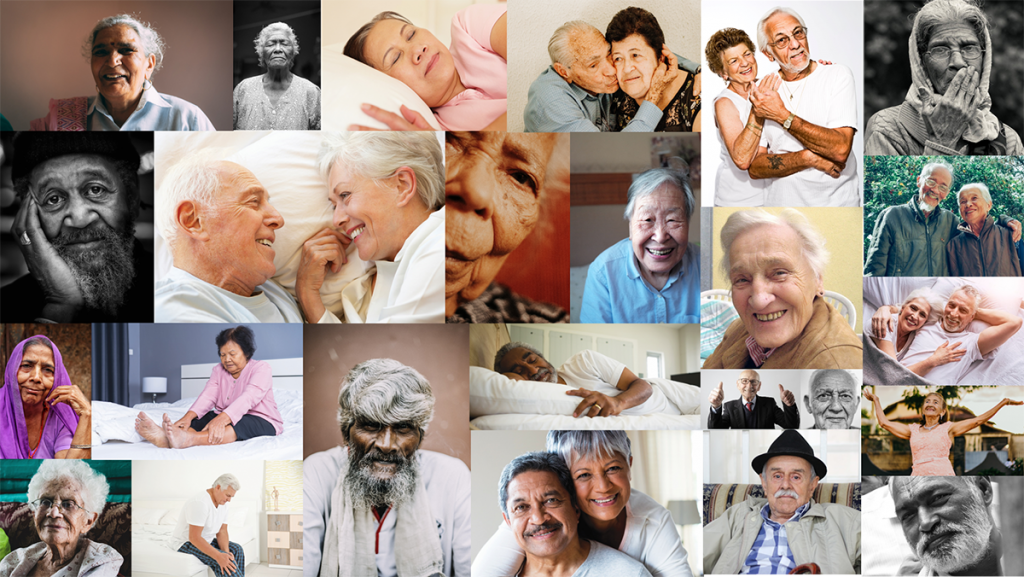
Eight ways for seniors to maintain a restorative sleep in a period of crisis
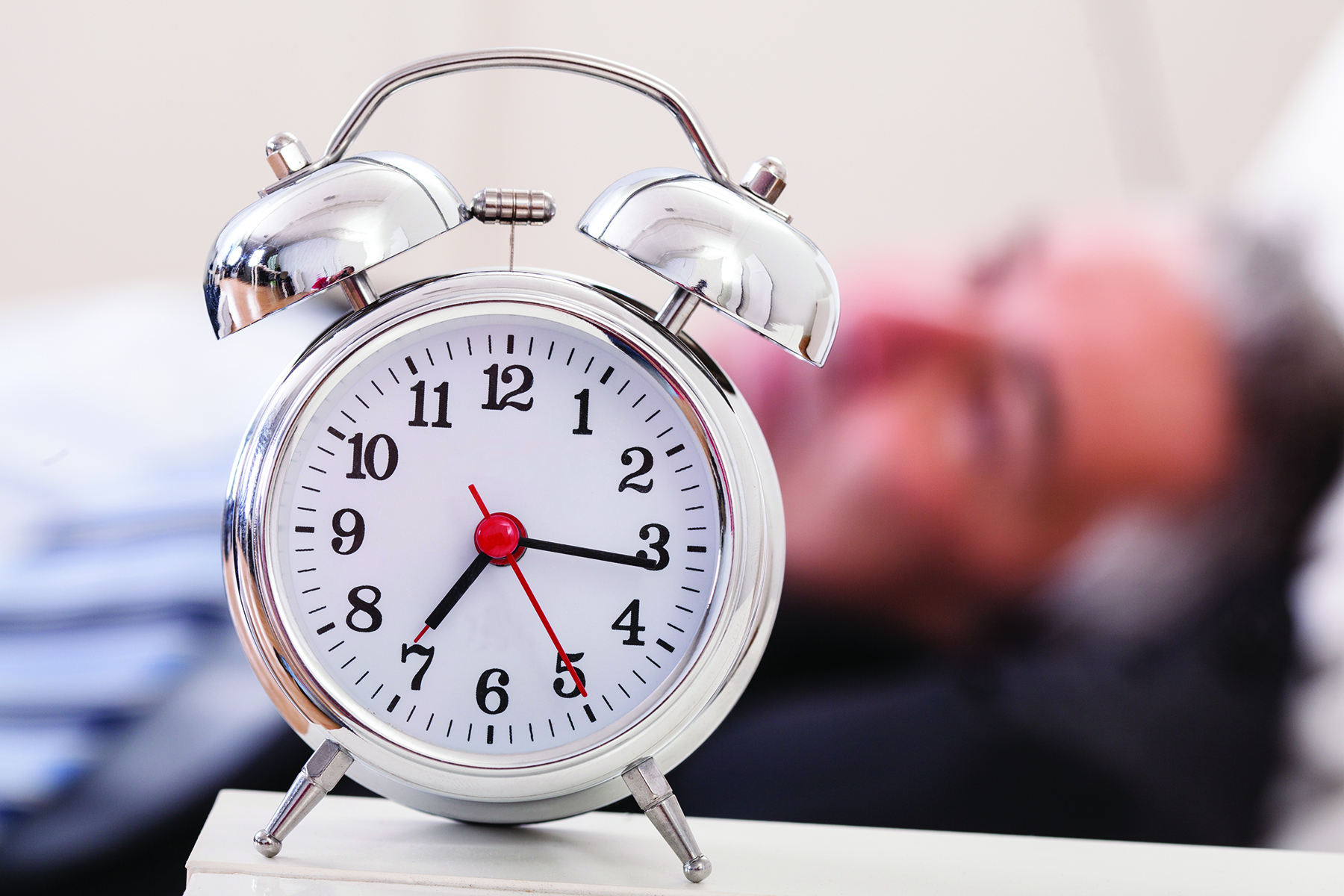
1. Make your sleep your best ally!
The recommended duration for sleep in seniors is 7 to 8 hours on average which includes daytime (naps) and nighttime sleep. Be careful, this is only an average and it’s possible that you need a little more than 8 hours or less than 7 hours of sleep, provided that you feel fit during the day with your chosen duration of sleep.
Prioritizing your sleep does not mean excessively increasing your time in bed. It is important to limit the time spent in bed to the number of hours of sleep you need in order to be fit the next day. If you are unable to fall asleep or go back to sleep in about 30 minutes, it means that your brain is not in a suitable state for falling sleep. It is therefore important to get up, get out of your room and do some relaxing activities (reading, listening to soft music, etc.) until your eyelids feel heavy, a sign that it’s time for you to go back to bed again.
2. Cultivate social ties with the outside world.
With today’s technology, it’s possible to speak to friends, children, grandchildren by phone or video-conferencing. Social connections, kind words help reassure your mind and reduce anxiety. Frequent contact with those close to you also helps to strengthen ties, support each other, helps to discover yourself or rediscover yourself. In addition, the resulting well-being helps you to sleep better.
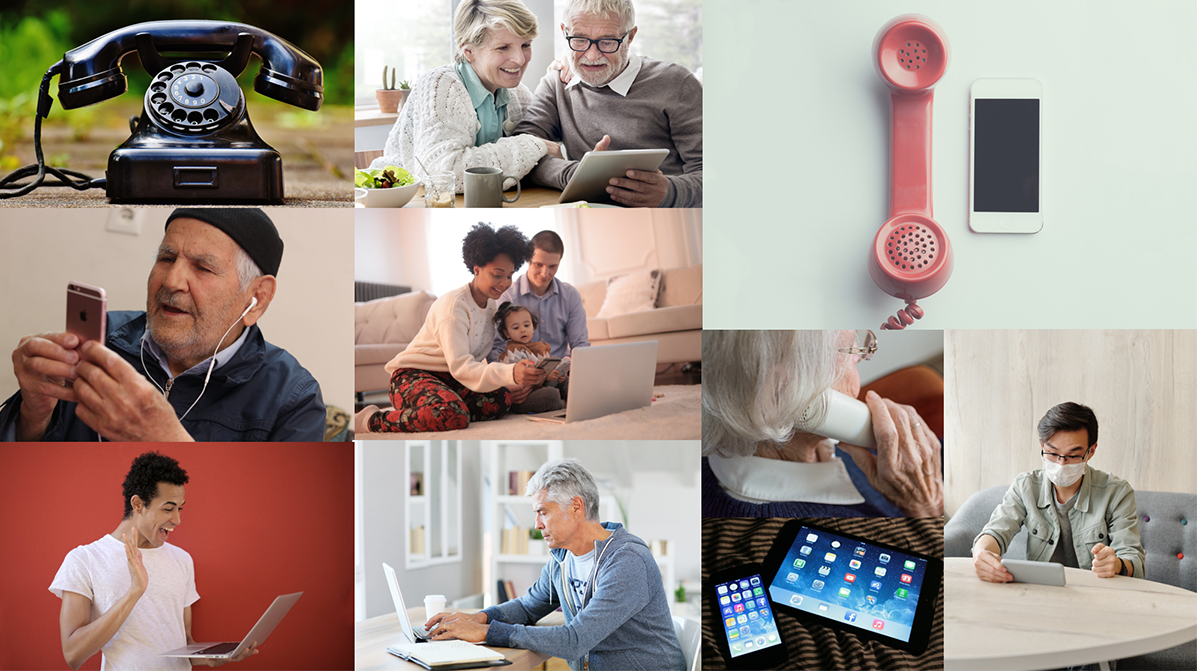

3. Brighten up your days!
We tend to forget, but light has important effects on our brain. Among other things, it increases our alertness and our mood. So if you feel a little depressed or sleepy *, go on the balcony, open the curtains and turn on the lights in the house. Artificial light has the same beneficial effects as natural light on the brain. A bright environment also allows your biological clock to be properly adjusted to give you a good quality sleep at night.
4. Avoid caffeine and alcohol late in the day and in the evening.
Although alcohol can calm you and help you to fall asleep, it considerably reduces the quality of your sleep (for more information on this subject, consult the article: “Alcohol and sleep during a pandemic”. Caffeine (coffee, tea, energy drinks, chocolate) not only increases the time it takes for you to fall asleep, but also it decreases the amount of deep, slow sleep (which is already reduced as you age).

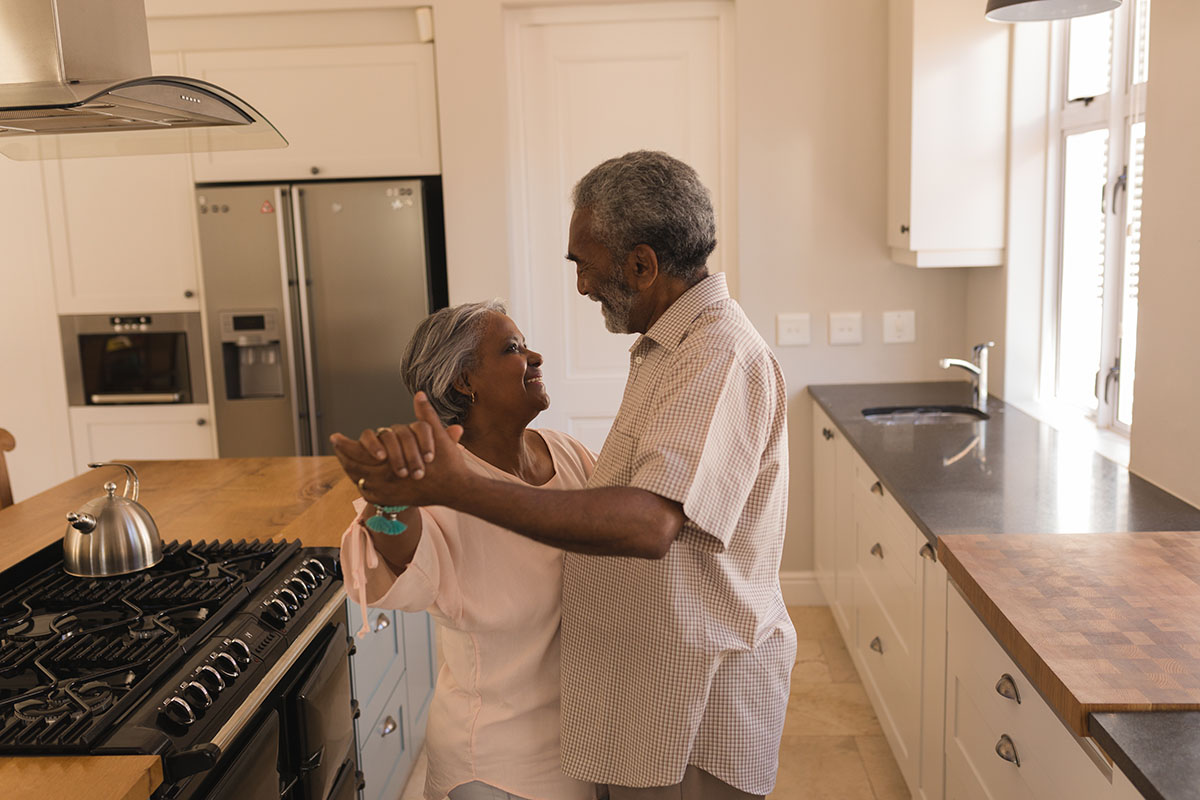
5. Get moving!
Physical activity increases the quality of our sleep, especially among seniors. Stretch, do yoga, go for walks. Any activity can be beneficial for your sleep.
6. To take a nap or not to take a nap, that’s the question!
If you are generally in good health, you should enjoy the invigorating benefits of a short nap (20-30 minutes) without fear or remorse, when you feel the need and why not adopt this habit on a regular basis. Please note, this only implies if you have no significant difficulty falling asleep or staying asleep at night. If you have trouble sleeping at night, it’s preferable that you avoid napping because it may further decrease your ability to fall asleep. In all cases, if you nap, it’s important to limit it to 20 to 30 minutes, and not later than 3 pm, using an alarm clock if necessary.
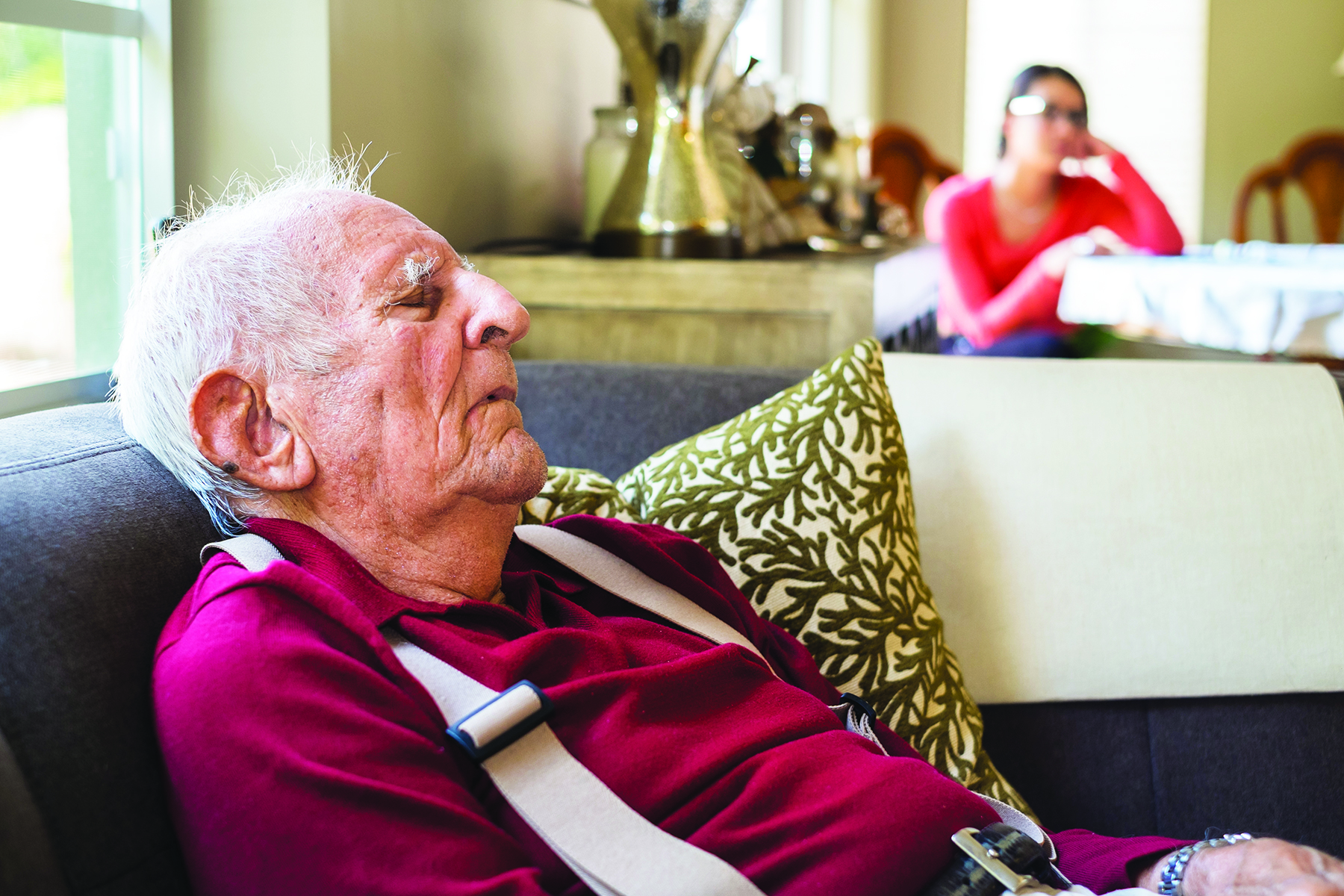
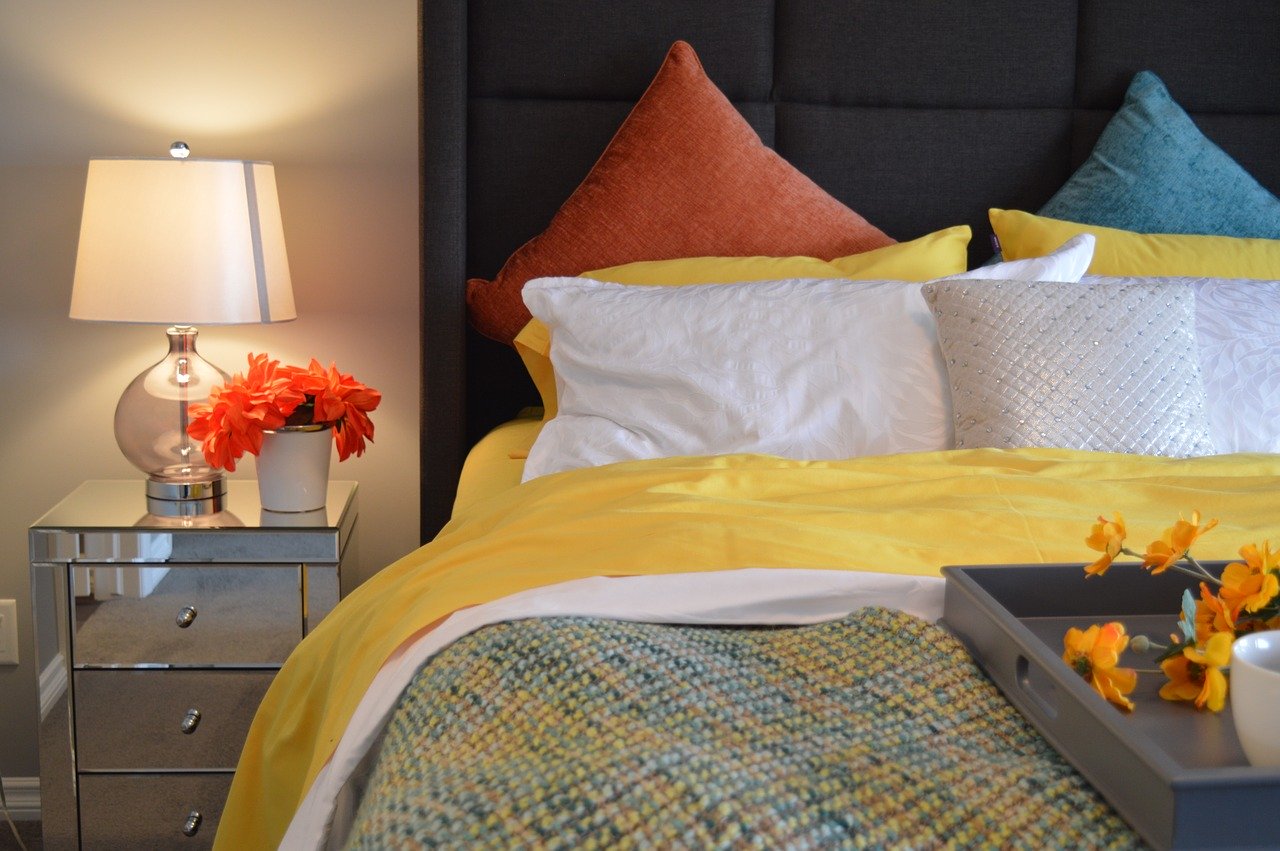
7. Create an ideal environment for sleep.
In order to sleep well, your bedroom should be a quiet room, very dark and with an optimal room temperature (around 19ºC). This place should be devoted only for sleep and intimacy. Don’t hesitate to sleep in another bed in your house in order to protect your sleep or your life partner’s if one of you has a sleep problem (insomnia, snoring, periodic leg movements during the night, etc.).
8. Be careful of too much news especially at bedtime!
Avoid using different media outlets in your bedroom or at bedtime. You want to stay informed and that’s normal. It is, however, advised that you reduce the number of media outlets you consult, choose reliable sources of information about COVID-19 and reduce the number of times per day that you search for information. Exposure to a variety of news and articles about COVID-19 can quickly cause anxiety. It is also strongly advised to consume news during the day in order to prevent your sleep from becoming disturbed by too much information and that to ensure that your bedroom remains free from the stress generated by bad news.
At least an hour before bedtime, turn off all electronic devices and sound notifications and don’t check them during the night.
You can also try to reduce stress and worries as much as possible before bedtime by making a list of things to do during the day. Your mind will be more peaceful at bedtime!


* SLEEPINESS VERSUS FEELING FATIGUE
Sleepiness is the urge or need, difficult to repress, to sleep during the day. Not to be confused with fatigue, which is a feeling of exhaustion that requires one to rest, but that does not translate into involuntary sleep or an excessive need for it. Tired people can fight sleep without difficulty during the day. Sleepy people, on the other hand, are consumed by sleep. They can fall asleep easily at work or while driving, for example. Sleepiness is not a normal state because it is related to either an acute (sleep deprivation) or chronic sleep loss or poor sleep quality. Severe sleepiness is often a critical symptom of sleep disorders, but also of certain medical or psychological problems.
Don’t sleep on it!
For more information on the evolution of sleep as we age: “What normal sleep changes can be expected as you age?”
